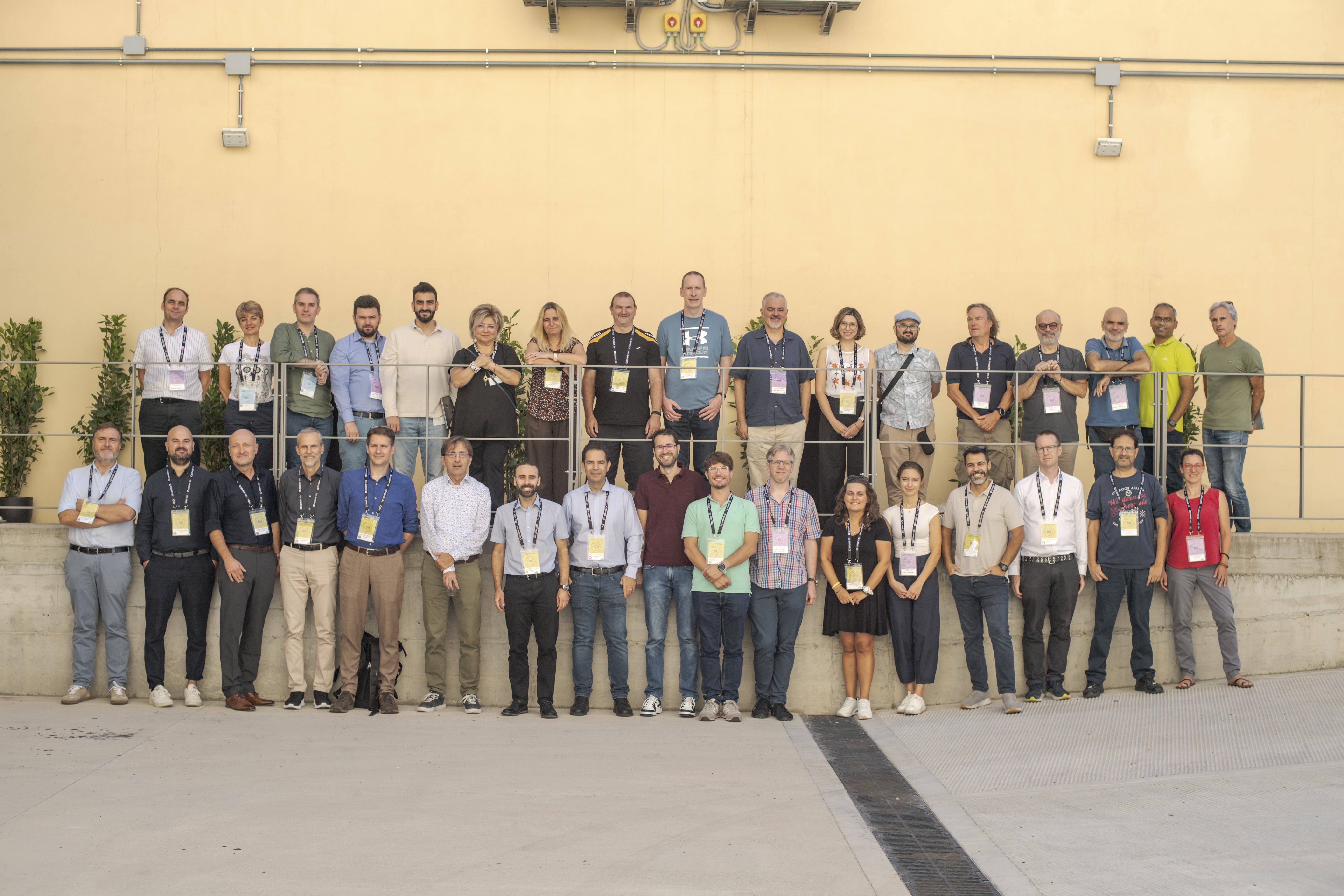Dear all ,
We would like to inform you about an upcoming scheduled maintenance window that will take place on Tuesday, 28 October 2025, between 9:00 UTC and 10:00 UTC.
The maintenance will involve OpenStack’s Keystone authentication that may temporarily affect Morpheus operations (creating/deleting/updating) and all interaction with services that require authentication (e.g. Openstack Application Credentials).
Existing VMs are expected to remain unaffected.
Our team and the cloud provider will be closely monitoring the process to ensure minimal disruption.
We apologise for any inconvenience this may cause and thank you for your understanding and cooperation.
For updates during the maintenance, please check the EWC service status page.
Best regards,
EWC Team on EUMETSAT side
Dear all,
We’d like to inform you that we identified a visualization issue in the EWC Accounting Dashboard, affecting certain charts and usage displays since June 2025. (The issue did not impact the underlying accounting data) The issue has been already resolved for data until September 2025. Visualisation for October 2025 will be fixed at the end of the month, and from November 2025 onwards no further issues are expected.
If you still notice any inconsistencies or have specific questions regarding your tenancy’s accounting data, please raise a ticket through the EWC Support Portal so we can assist you.
Thank you for your understanding and collaboration.
Kind regards,
EWC Team
Dear all,
On 20 October 2025 we plan to update EWC Rocketchat starting from 7:00 AM UTC. The process should take around 1h.
During the maintenance period, rocketchat could not be accessible or not available. All data will be saved before update.
We apologize for any inconvenience this may cause.
EWC team
The 8th European Weather Cloud (EWC) User Workshop was held on 18 September in Bologna, hosted by ECMWF as part of its 50th anniversary celebrations. The workshop brought together users, developers, and service providers to share experiences and learn from each other. It was also an opportunity to look back at how the EWC has grown and to look ahead at how it will continue to support the meteorological community in Europe. This year’s event gathered more than 70 participants, with around half joining in Bologna and the rest connecting remotely. It was the first time the workshop was run in a hybrid format — a step forward after previous editions were held fully online.
The day started with updates from the EWC teams. Participants heard about the current state of the service, recent developments and future plans. A key announcement was the launch of the EWC Community Hub, a new platform designed to make it easier for users to share and access open-source resources tailored to the European Weather Cloud. The Hub brings together a growing collection of open-source, ready to use resources, including Infrastructure as Code (IaC), configuration blueprints, containerised applications, algorithms, datasets, and documentation. An initial version of the European Weather Cloud (EWC) Command Line Interface (CLI) to interact with EWC services, including the Hub, was also showcased. By fostering collaboration and reducing duplicated work, those initiatives were warmly welcomed by participants as a valuable step forward in building a stronger, more connected EWC community.
The highlight of the workshop was of course the chance to hear directly from the community and the users themselves. Several organisations presented how they are using the EWC in their daily work, from running applications in the cloud to sharing resources more effectively. The talks ranged from exploring extreme weather across Europe to predicting future runoff from the Greenland Ice Sheet with AI tools. We also saw examples of how cloud-native workflows are unlocking access to vast datasets, and how ECMWF’s new “Forecast-In-A-Box” is harnessing GPU-powered virtual machines on the EWC to deliver fast, on-demand data-driven weather forecasts.
Several speakers highlighted the value of the EWC for research and operations: from satellite-based deep learning projects at the University of Cologne, to real-time processing of ground-based atmospheric observations at MeteoSwiss, and the creation of long-term satellite climate records at DWD. The Italian CAMS National Collaboration Programme showed how a coordinated, multi-institutional effort is using the EWC to support air quality and climate services for citizens and policymakers. These real-world examples showed the benefits of the EWC in practice, and underlined the EWC’s growing role as a shared, flexible infrastructure where scientists and institutions can collaborate, experiment, and make better use of weather and climate data.
The workshop closed with an open discussion on feedback and future priorities. Participants highlighted the importance of continued collaboration, and ensuring the EWC remains flexible to support a wide range of use cases. A clear theme was the need for reliable, round-the-clock availability to support operational workloads, along with clearer responsibility for service continuity. Participants also stressed the importance of practical improvements such as better tools for user and access management, stable storage solutions and backup options. There was very positive feedback on recent developments like the Community Hub and command-line interface, while views on deployment tools such as Morpheus showed that user needs and preferences can vary widely. Overall, the discussion emphasised both the progress made and the areas where further enhancements would help users make the most of the platform.
At the end of the day, participants had the chance to step inside ECMWF’s computer hall. The tour offered a behind-the-scenes look at the infrastructure that powers the European Weather Cloud at ECMWF, as well as the high-performance computing facility (HPCF) and the vast data archive. For many, it was a rare opportunity to see up close the scale and complexity of the systems that support weather prediction and climate research across Europe.
If you missed it or you would like to go back to some of the presentations, you may find all the material and recordings at https://events.ecmwf.int/event/479/.

